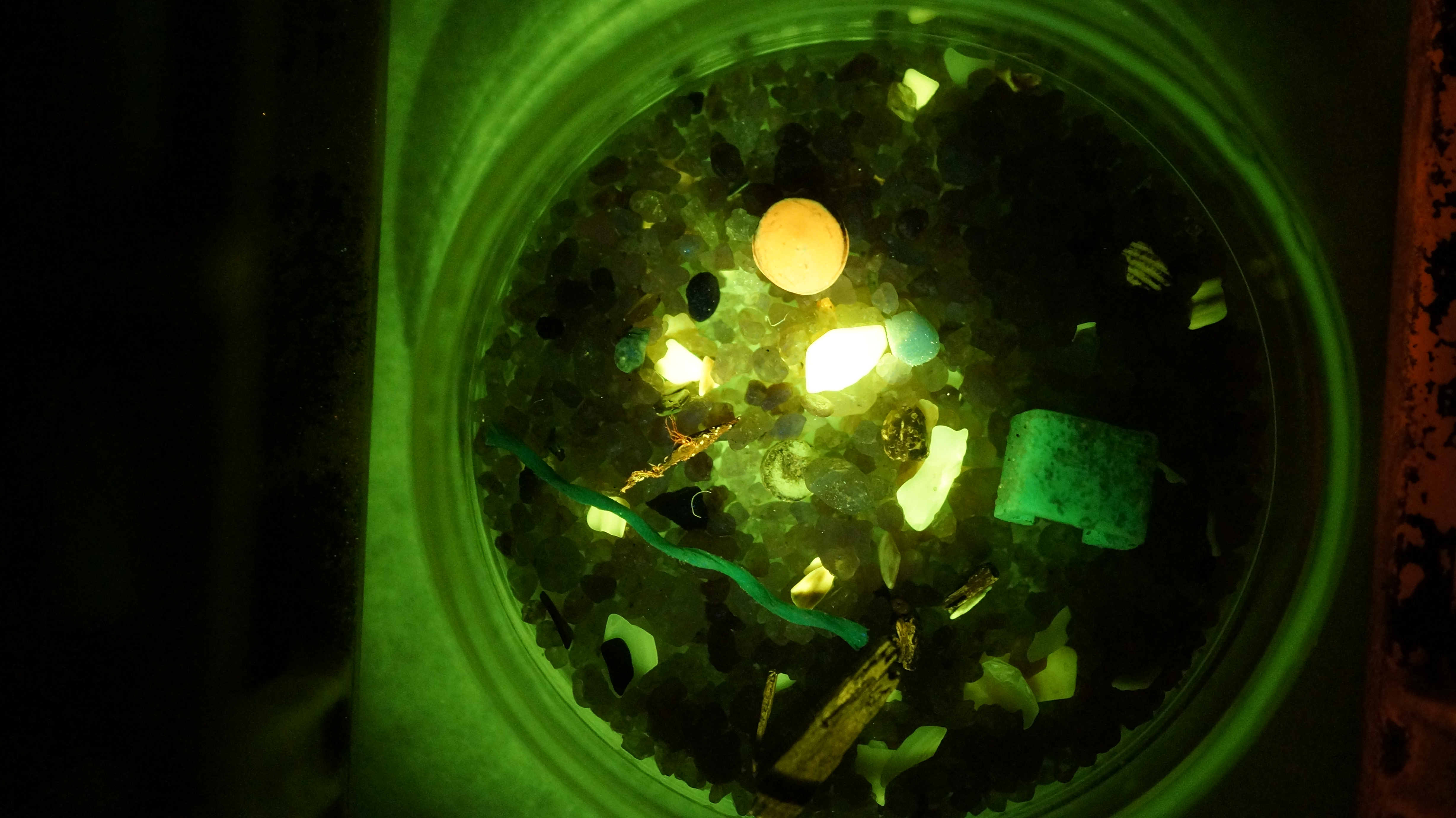Environment Protection Authority Victoria (EPA) is calling on ‘citizen scientists’ and beach-lovers to join us for a hands-on information session about microplastics during National Science Week.
EPA Citizen Science Coordinator, David Mossop said microplastics are tiny pieces of plastic that pollute Victoria’s waterways, potentially impacting marine life that mistakenly eat them.
“If you look closely enough at beach sands around Port Phillip Bay, you’re likely to see microplastics, which are a growing problem in Victoria and around the world,” Mr Mossop said.
Mr Mossop said people could learn more by coming to EPA’s hands-on information session at the Beachcomber Café, on St Kilda’s foreshore, between 10.00 am and 1.00 pm on Saturday, 13 August.
People are encouraged to register their attendance, but drop-in visits are also welcome. The event is suitable for school-aged children and adults – and you can come for as little or long as you like.
“Participants will be able to sample beach sand and have a go at counting the number of microplastic pieces they see under a microscope and ultra violet (UV) light,” Mr Mossop said.
“They’ll also be contributing to the development of a new method for monitoring microplastics,” he said.
“EPA will be bringing sand samples from a range of Port Phillip Bay beaches, so members of the community will be able to see plastics from their local beach, even if it isn’t St Kilda.”
Mr Mossop said microplastics come in many colours and shapes and often result from the break-down of larger plastics that enter our waterways.
“Everyone can play their part by ensuring they limit their reliance on single-use plastics such as straws and drink bottles, and always dispose of litter correctly,” he said.
“Over time we hope to reduce the amount of plastic entering Victoria’s waters, but our first task is to understand how big the problem is – and citizen scientists can help.”
Port Phillip Council Mayor, Bernadene Voss said she encouraged residents and visitors to participate in the event.
“Litter, particularly plastics, is a big environmental problem which can harm marine life, ranging from St Kilda’s much-loved penguins to turtles, seabirds and fish,” Cr Voss said.
“I find tremendous satisfaction in helping pick up plastic as a Beach Patrol volunteer and encourage everyone to come along and learn how they can play their part in protecting our Bay and wildlife,” she said.
EPA staff will be on hand to provide information about citizen science and how people can become involved in ongoing work to monitor their local environments.
Staff from Sustainability Victoria and the Port Phillip EcoCentre, including Neil Blake (OAM), Port Phillip Baykeeper, will also be there to answer questions about local efforts to keep Port Phillip Bay’s beaches clean.
National Science Week (August 13–21) is Australia’s annual celebration of science and technology, with thousands of individuals taking part in more than 1000 science events across the nation.
EPA is also hosting a panel discussion during Science Week on the topic of health, risk and making informed choices. Further information is available at www.epa.vic.gov.au/ScienceWeek2016.

Microplastic pieces under ultra violet (UV) light